Electric vehicles (EVs) have the potential to significantly improve federal fleet efficiency and reduce vehicle operation and maintenance costs. At the same time, EVs provide agencies a simple solution to satisfy key statutory requirements for acquiring alternative fuel vehicles and low greenhouse-gas emitting vehicles.
-
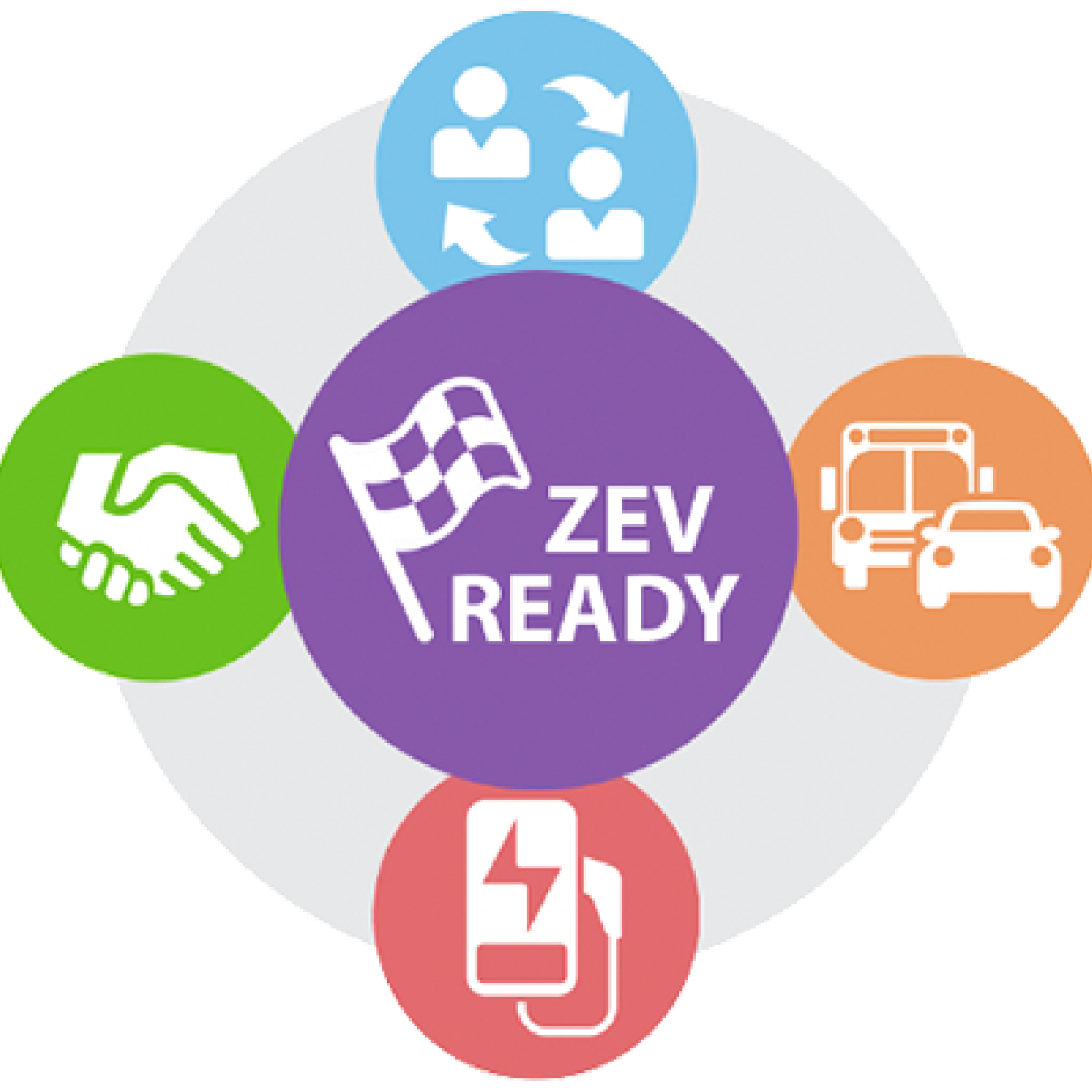 Provides a process and guide to help federal fleet and facility managers deploy zero-emission vehicles and electric vehicle supply equipment.March 21, 2025
Provides a process and guide to help federal fleet and facility managers deploy zero-emission vehicles and electric vehicle supply equipment.March 21, 2025 -
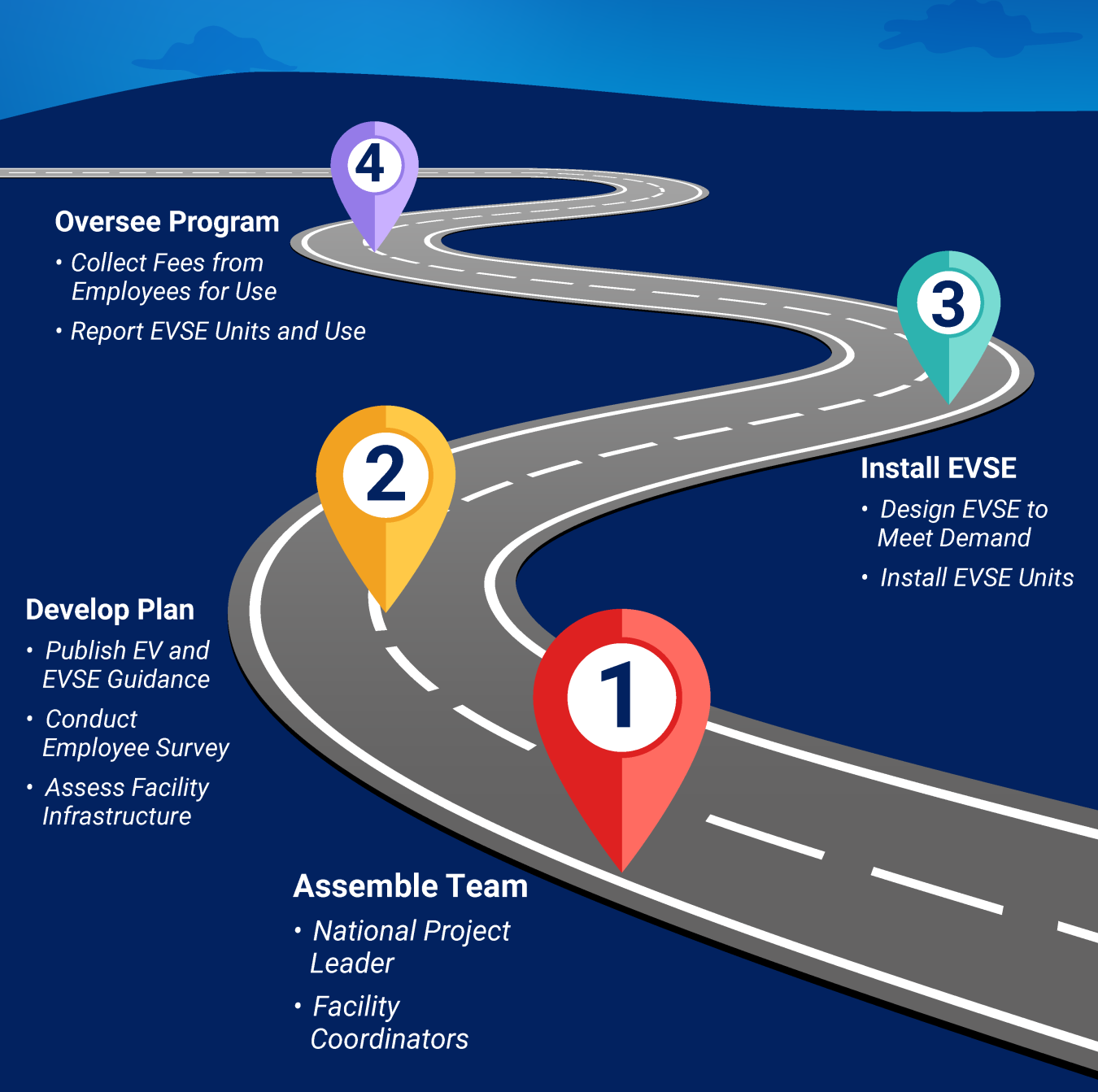 Provides suggested language for workplace charging policies to help agencies define requirements for charging privately owned vehicles.
Provides suggested language for workplace charging policies to help agencies define requirements for charging privately owned vehicles.
-
 FEMP offers technical support to help federal agencies meet statutory requirements.April 18, 2025
FEMP offers technical support to help federal agencies meet statutory requirements.April 18, 2025 -
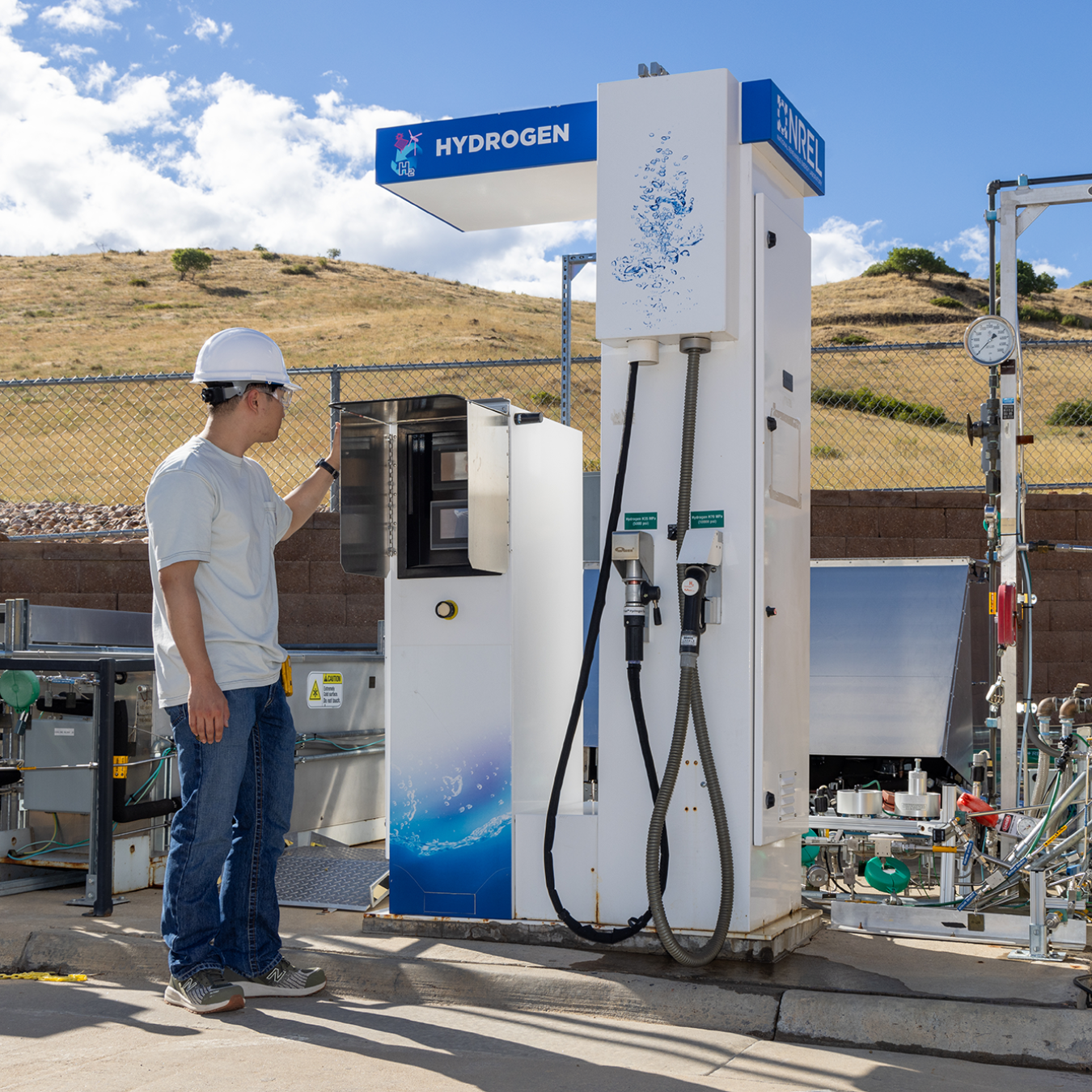 Attend live trainings, access on-demand courses, and watch videos to develop expertise in fleet electrification.September 15, 2025
Attend live trainings, access on-demand courses, and watch videos to develop expertise in fleet electrification.September 15, 2025
-
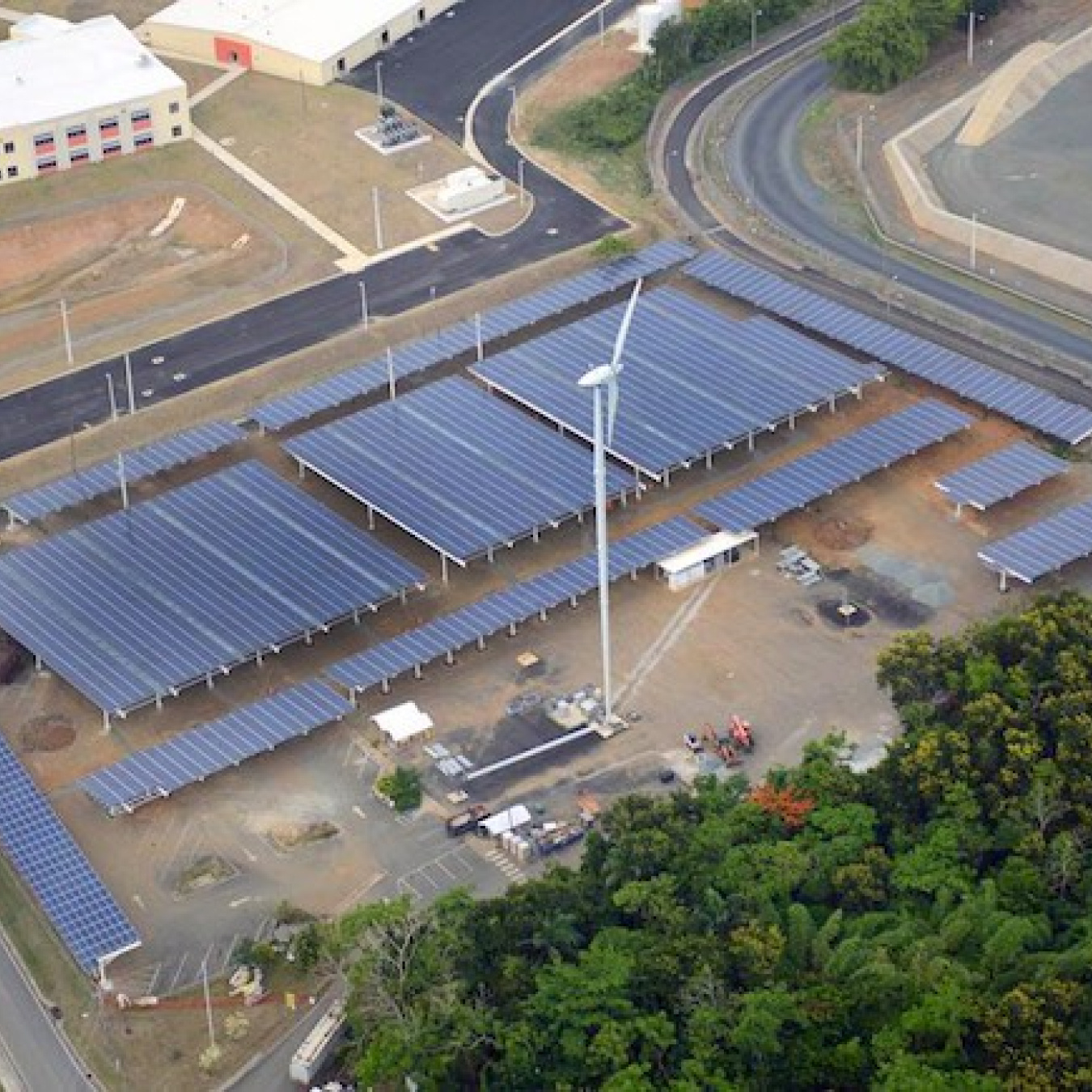 Ensures that fleet vehicles are powered when needed, while reducing burdens on facilities and supporting grid resilience.June 18, 2025
Ensures that fleet vehicles are powered when needed, while reducing burdens on facilities and supporting grid resilience.June 18, 2025 -
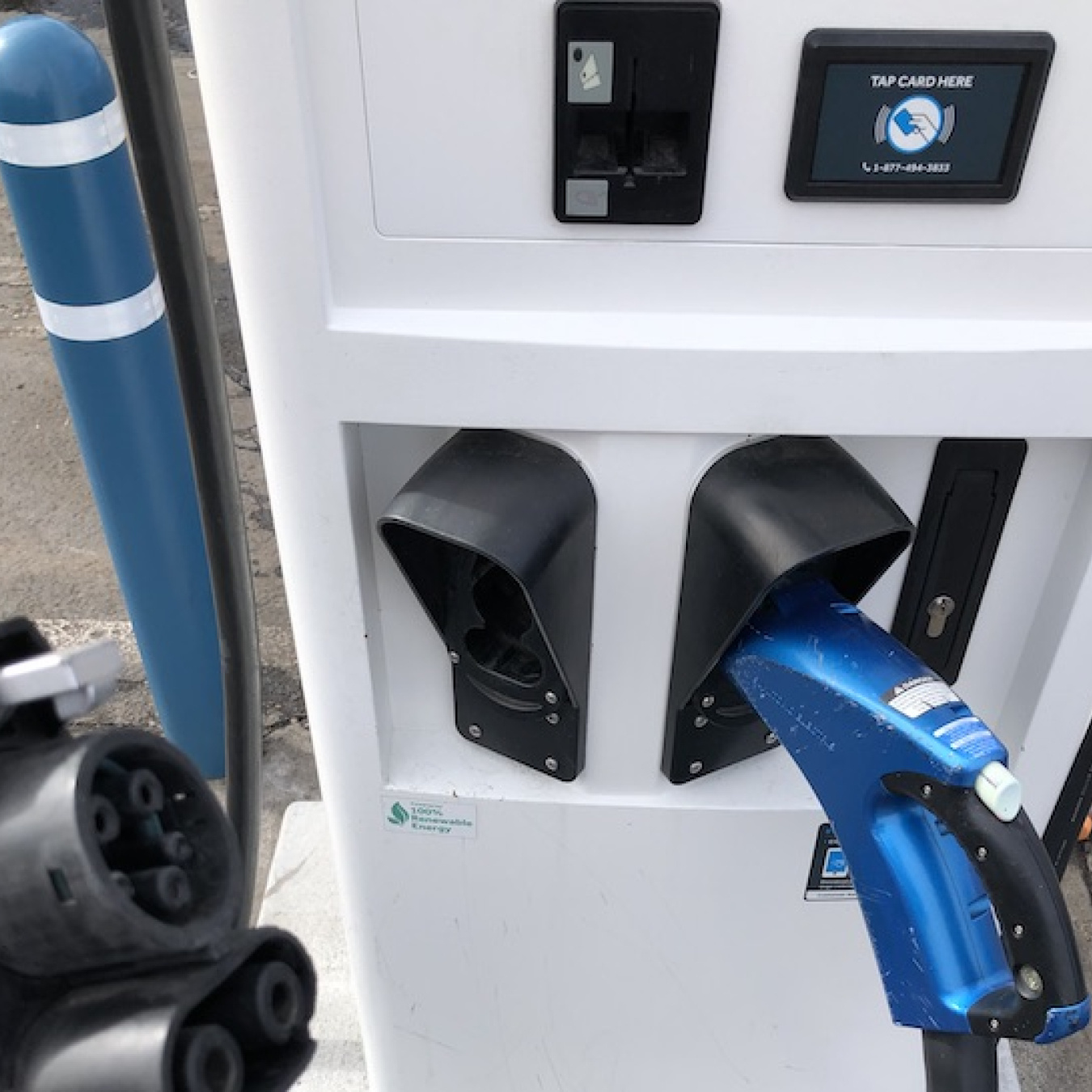 Summarizes statutory requirements and offers FEMP tools and best practices.November 8, 2023
Summarizes statutory requirements and offers FEMP tools and best practices.November 8, 2023

